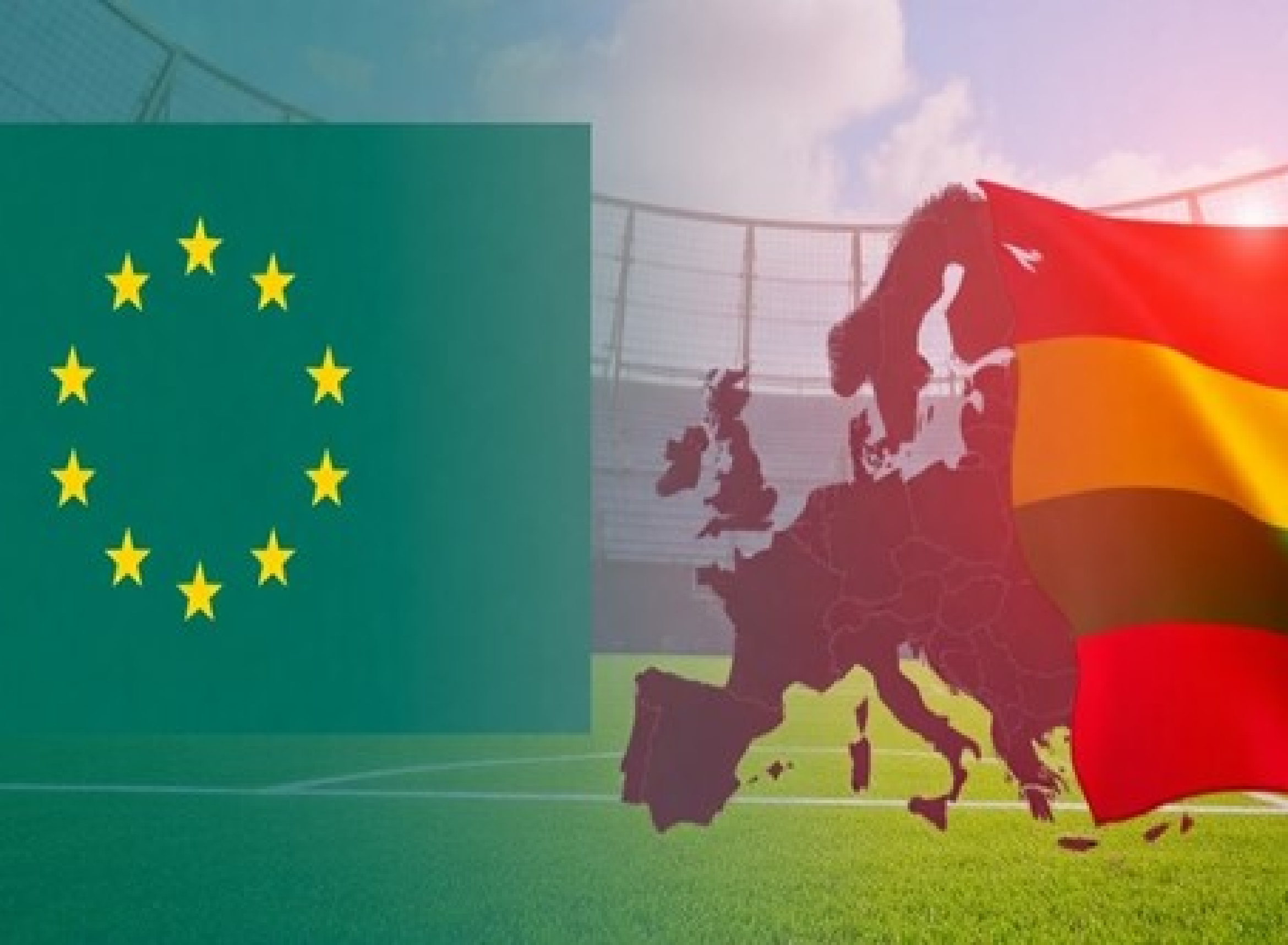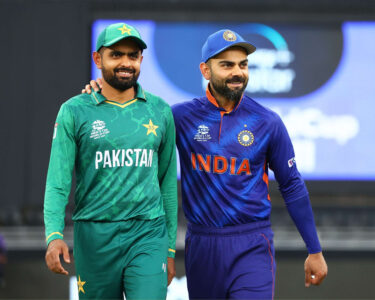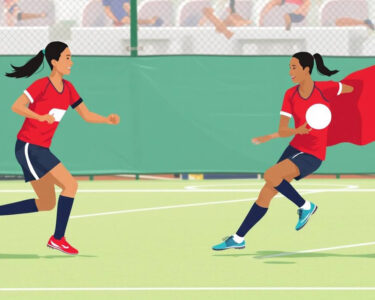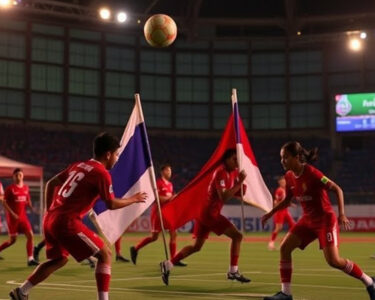Sports have long held a unique position in shaping European identity and fostering international relations. From the ancient Olympic Games to the modern-day Champions League, sporting events have served as potent symbols of unity, competition, and cultural exchange across national borders. While the political landscape of Europe continues to evolve, the potential of sports to transcend political divides and build bridges between nations remains significant, albeit contingent upon careful management and a conscious effort to harness its inherent strengths.
The Union of European Football Associations (UEFA) Champions League exemplifies the power of sports to unite a diverse audience. It brings together clubs and fans from all across Europe, crossing national lines to unite over a common passion for the sport. The event is watched by viewers all across the world, generating billions in revenue and creating a sense of community among enthusiasts, regardless of their national backgrounds. This can be considered as economic implications alone which becomes a pretty heavy motivator for cooperation by the European nations and persuades development of infrastructure besides infusing mutual benefit spirit into the nations. The Champion League also opens avenues toward meaningful diplomatic engagement between its members through initiatives taken under this organization and their various involvements across member states.
Apart from the professional terminology, the major games competitions which include the Olympic Games and the European Championship in different sports play a vital role in advancing international collaboration. Such organizations include elaborate planning and coordination among numerous nations in different games. The mutual obligation regarding the infrastructure development as well as management of security and volunteers’ mobilization ensures the feeling of shared success and connectivity. Although these events are often under criticism due to political controversy or security issues, at least on a symbolic level, the impact of the promotion of peace and understanding remains very effective. In addition, the cultural experience that such events may bring, as the traditions and artistic expressions of other countries are shared, can contribute significantly to greater intercultural dialogue.
Grassroots sports and youth exchange are an extensive spread of sports that positively influence international relations. Sporting events at grassroots levels as well as youth activities have afforded a lot of opportunities for direct interactions of people from various countries of Europe. Participation in the above-mentioned activities helps a great deal in breaking stereotypical thinking, and strong intercultural understanding along with national boundaries are formed. Only real training, competition, and joint celebration of victory can lead a step forward toward mutual respect, and eventually impact broad political relations.
There is growing recognition within contemporary discourse that sports do play a crucial role within the framework of soft power within a country. European countries deliberately employ sporting achievements to enhance their world status and influence. National teams winning major competitions as well as the continuous good performance by athletes within different fields of sport are often described as expressions of national strength and cultural virtues, which consequently reinforce a nation’s standing within the global arena. However, there are ethical implications to the concept of sports diplomacy. National pride through athletic pursuits must not override the very essence of fair play, respect, and inclusion. Any attempt to make sport a political tool destroys its capacity to deliver positive social impacts.
Despite its significant advantages, there is a need to note the limitations and challenges that are always inherent in using sports for diplomatic purposes. Nationalist fervor, which is fuelled by intense rivalry and historical tensions between nations, can sometimes overwhelm the unifying power of sports. The history of European football, for example, is dotted with incidents where nationalistic fervor boiled over, leading to conflict and disruptions during matches. With social media, this interaction will further compound the problem because social networking sites can fuel those nationalist feelings and create echo chambers that prevent rich conversation and encourage harmful stereotyping. In addition to those issues, political protests in the context of international athletics can easily derail efforts to unite around international cooperation. Besides these, the commodification of athleticism has provided specific complications that introduce financial burdens along with moral dilemmas with an impact on the effectiveness and legitimacy of competitive sporting activity as an international political playground.
The advent of new technologies has fundamentally changed the international landscape of sports. Streaming sites have made major athletic events so widely accessible across the world, fostering extraordinary intercultural interaction and opening up new ways to involve fans beyond nationhood. With this easy accessibility, however, also comes a host of problems. The rapid spread of false information and polarizing stories through social media channels emphasizes the need for an aggressive approach to controlling the content on the web and encouraging responsible behavior by the fans. Moreover, technology is a solution to all the problems mentioned above. For example, advanced security technologies will help minimize risks related to mass events, while data analytics will help better understand and respond to the diverse needs of various fan communities.
Anticipating the future, a multitude of prospects for enhanced collaboration within European sports is evident. One potential pathway involves the establishment of joint training initiatives for emerging athletes, which would encourage cross-border cooperation and the cultivation of common values. Additionally, collaborative research endeavors aimed at enhancing athlete performance, preventing injuries, or advancing sports-related technologies can forge stronger connections among research institutions and sports organizations across various nations. Such an infrastructure for mutual athletic competitions would help achieve many countries’ sustainable operations and benefits through joint financial input and strategic planning. The quest for sports sustainability can become a significant cooperation push, with the mutual dedication to ecologically responsible stewardship and ensuring a legacy that extends into the world beyond sports arenas. A proactive approach to addressing these challenges and actively pursuing opportunities for collaboration will maximize the contribution of sports to fostering a more unified and prosperous Europe.
In conclusion, sports play a multi-faceted role in fostering international relations within Europe. The unifying power of events like the Champions League, the collaborative spirit required for organizing major sporting events, and the genuine intercultural connections forged through grassroots participation all contribute to building bridges between European nations. However, this positive potential is not inherent or automatic. Careful management is essential, prioritizing the genuine fostering of cultural exchange and avoiding the instrumentalization of sports for purely political objectives. Moving forward, proactive engagement, responsible stewardship, and a steadfast commitment to the core values of sport are vital to maximizing the contribution of sports to a stronger and more unified Europe. The potential remains, and its successful realization relies on a collective commitment to leveraging this potent tool for positive social and diplomatic impact.




